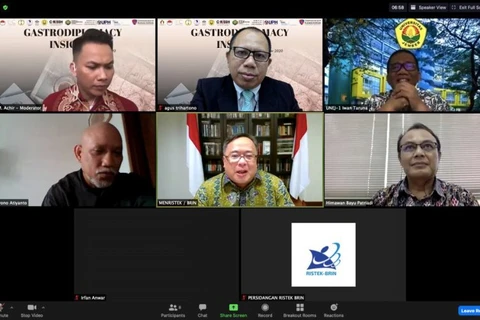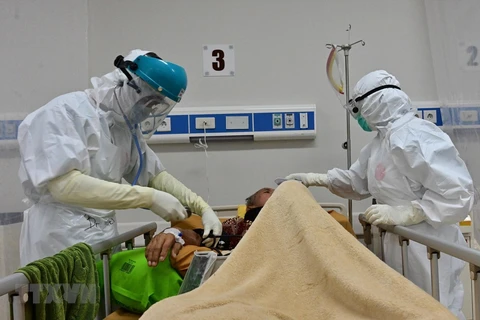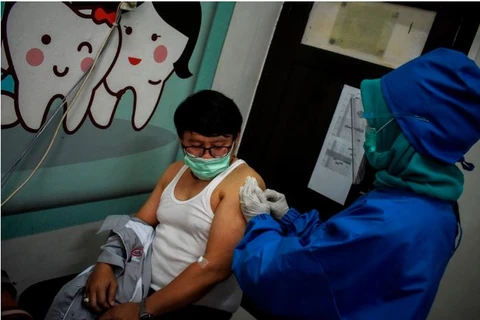Jakarta (VNA) - The State-owned electricity giant PLN estimates that Indonesia needs more than 31,000 new electric vehicle (EV) charging stations by 2030 to reach government goals.
According to the PLN’s development roadmap, private and public companies need to invest 3.7 billion USD to install 31,000 commercial charging stations over the course of the next decade. Over a third of the stations will be in Jakarta while the rest in cities as far east as Makassar, South Sulawesi.
PLN Vice President for Technology Zainal Arifin said the most effective way is charging overnight so that PLN can make night-time electricity cheaper.
The company projects over 326,000 EVs on the road between 2020 and 2025, which would slash Indonesia’s reliance on oil, a commodity that is heavily imported at the expense of the country’s swelling trade deficit.
On September 1, the ministry inaugurated the country’s first set of battery swapping stations for electric motorcycles. The stations are owned by startup PT “EzyFast” Energi Pratama.
Executive Director of the Institute for Essential Services Reform Fabby Tumiwa said the domestic vehicle industry is not yet developed so, for 2 to 3 years to come, it is likely that most electric vehicles will be imported./.
According to the PLN’s development roadmap, private and public companies need to invest 3.7 billion USD to install 31,000 commercial charging stations over the course of the next decade. Over a third of the stations will be in Jakarta while the rest in cities as far east as Makassar, South Sulawesi.
PLN Vice President for Technology Zainal Arifin said the most effective way is charging overnight so that PLN can make night-time electricity cheaper.
The company projects over 326,000 EVs on the road between 2020 and 2025, which would slash Indonesia’s reliance on oil, a commodity that is heavily imported at the expense of the country’s swelling trade deficit.
On September 1, the ministry inaugurated the country’s first set of battery swapping stations for electric motorcycles. The stations are owned by startup PT “EzyFast” Energi Pratama.
Executive Director of the Institute for Essential Services Reform Fabby Tumiwa said the domestic vehicle industry is not yet developed so, for 2 to 3 years to come, it is likely that most electric vehicles will be imported./.
VNA
























